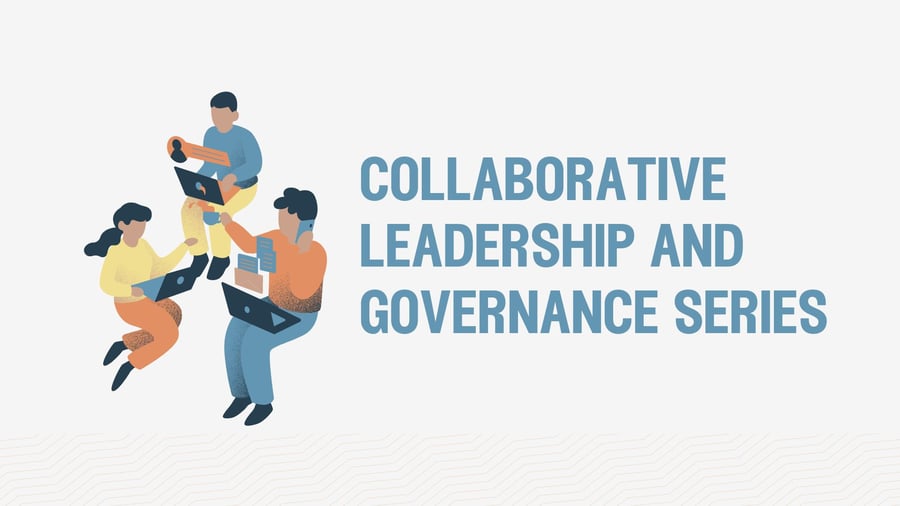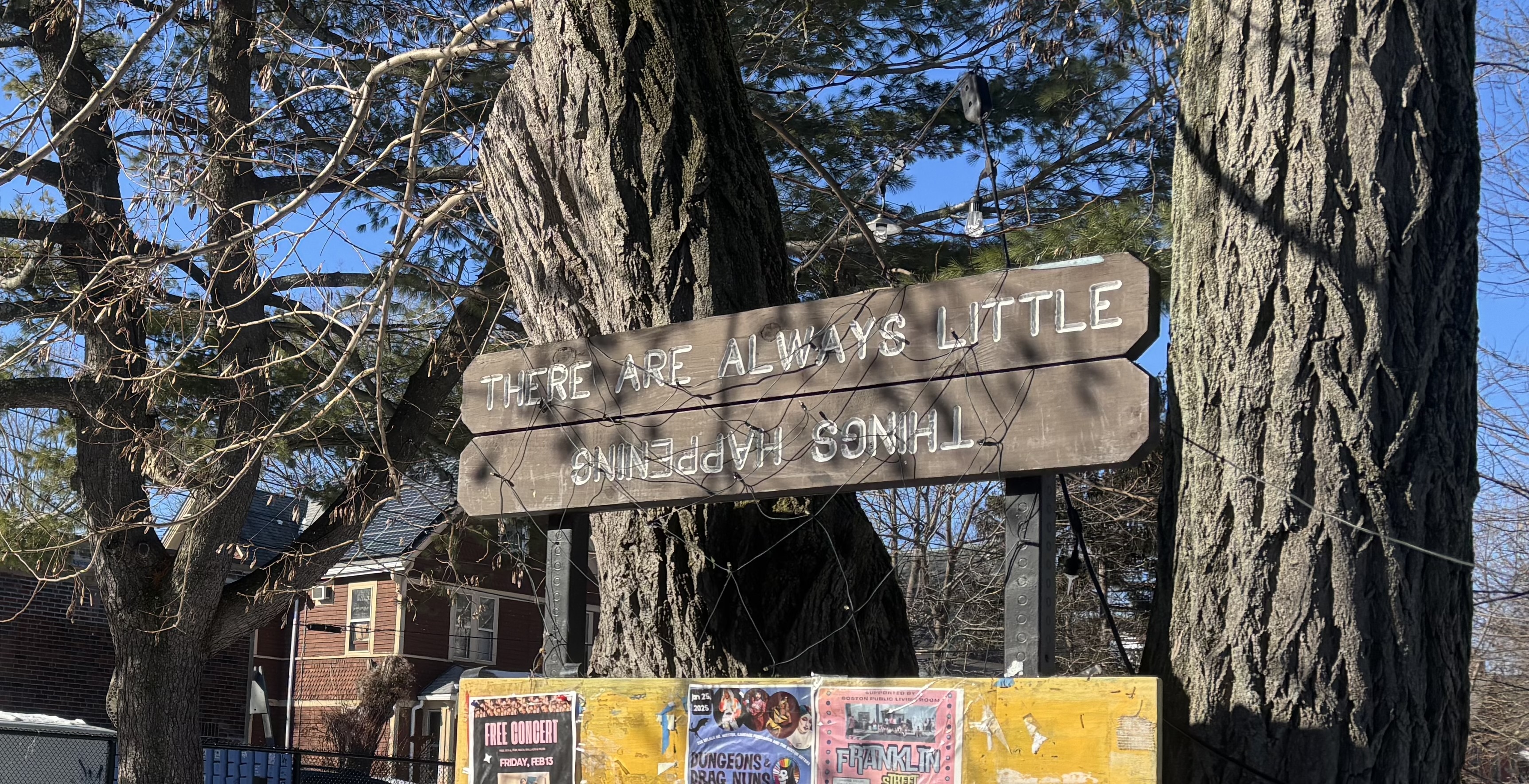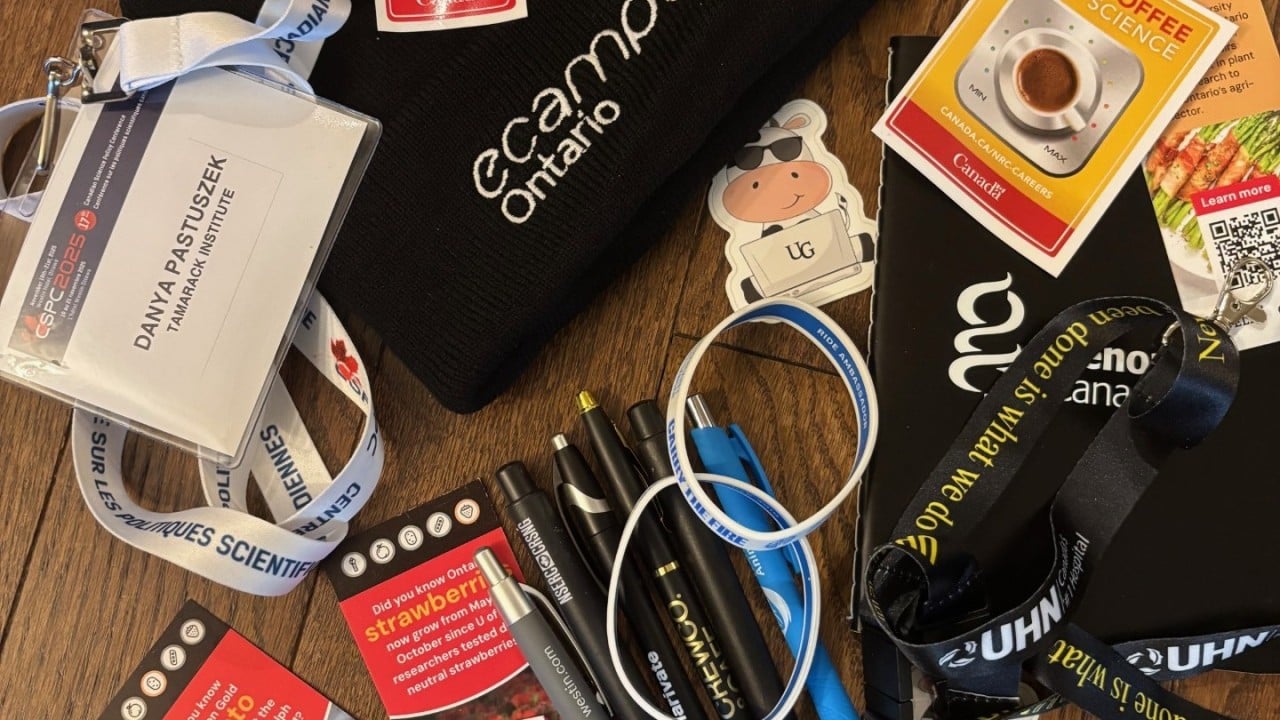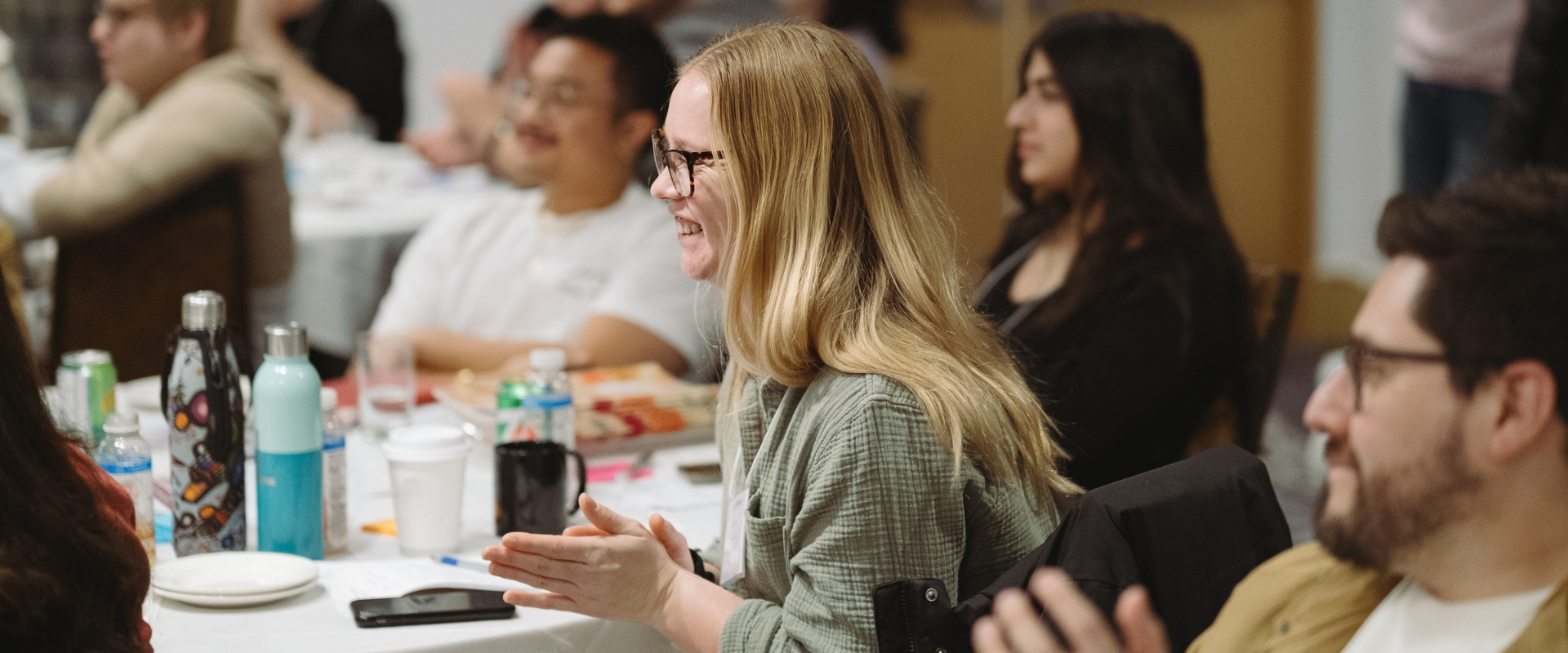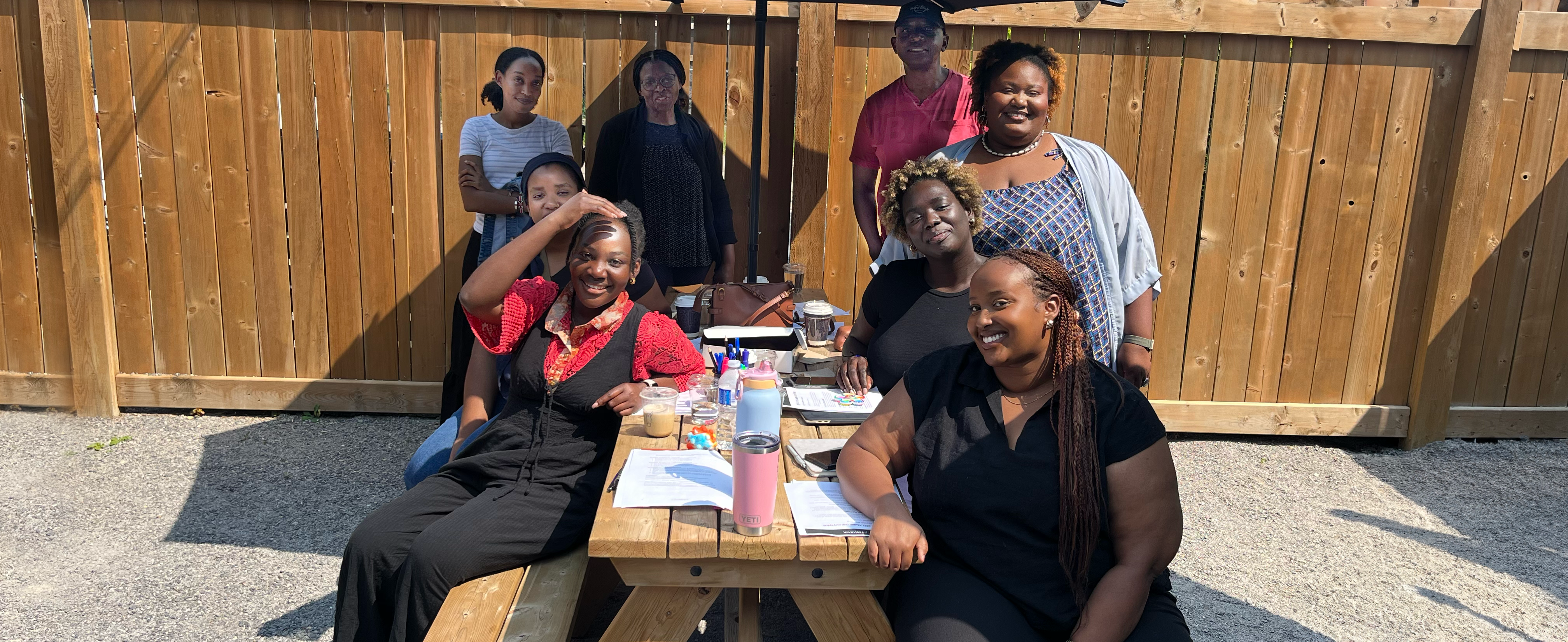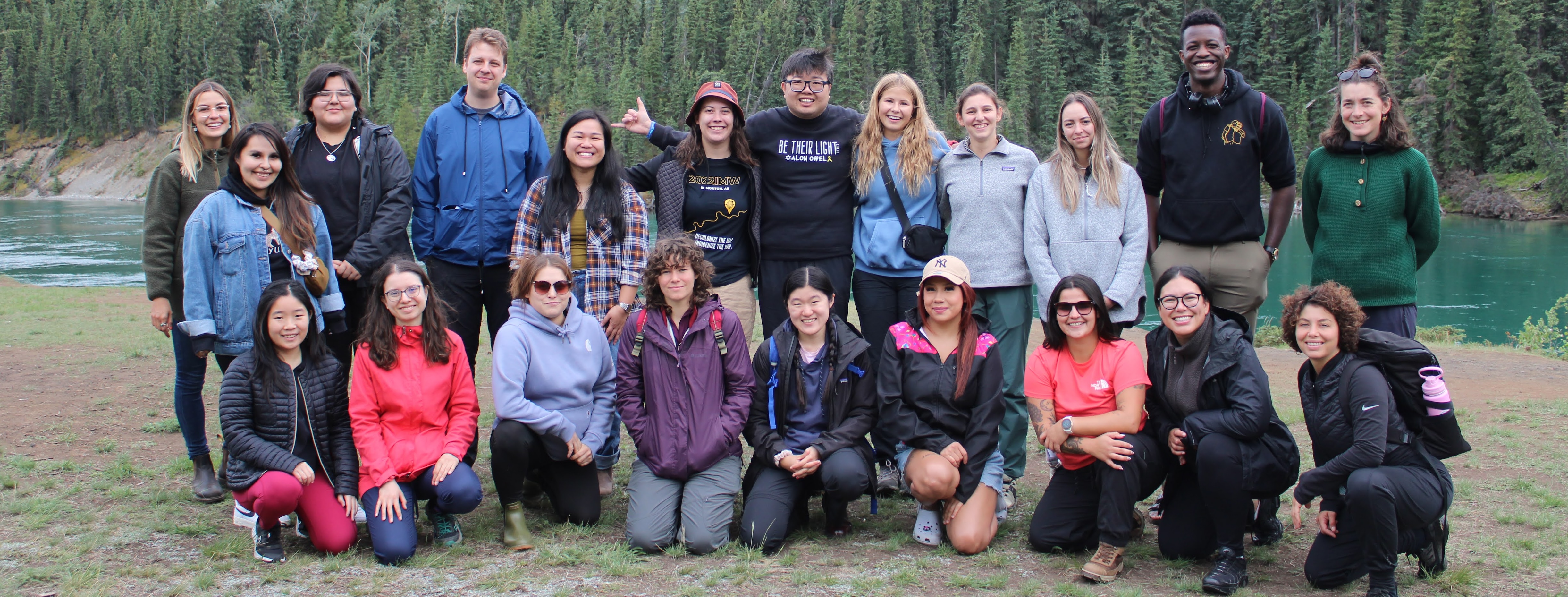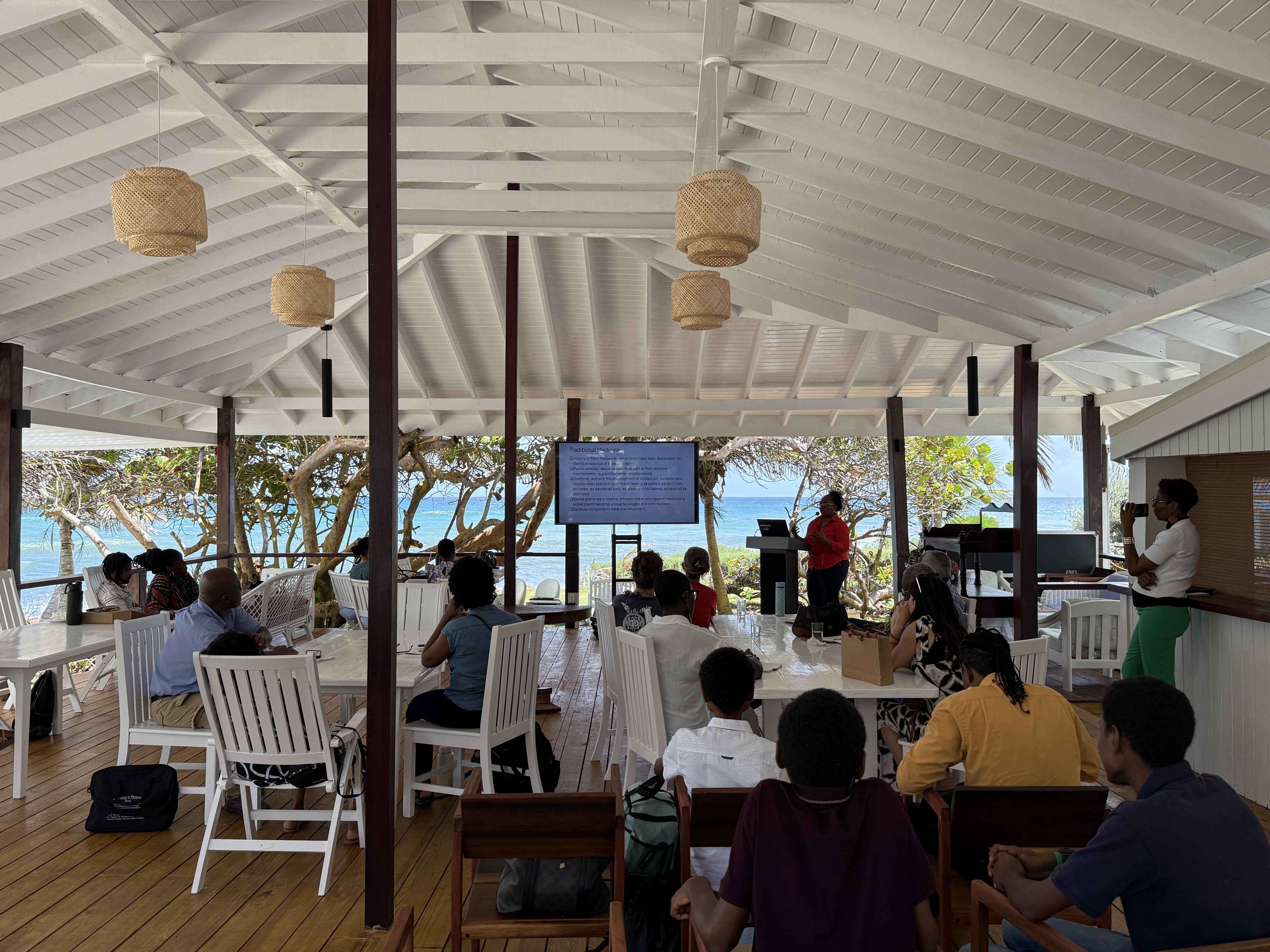Develop Your Collaborative Leadership and Governance Approach
The Tamarack Institute is a registered Canadian charity dedicated to ending poverty in all its forms, for good.
Collaboration is at the core of Tamarack’s approach to community change. From our inception as an organization, our community-based partners were encouraged to build their change efforts to include multi-sector partners, collaborating across traditional and non-traditional leaders in the community.
To help equip you in your own leadership journey, co-CEO Liz Weaver has launched the Collaborative Leadership and Governance series.
This collection of 11 publications will help inform both the process and people aspects of effective collaboration and provide you with a wide range of practical ideas and resources for pushing your own work forward and making it more inclusive.
subscribe for updates in this series
1. ARTICLE | Collaboration: A Spectrum of Approaches
By Liz Weaver
Collaboration is seen as imperative when communities and groups are seeking to tackle complex challenges or move from idea to impact. Having clarity about the nature of the collaborative effort is an important first step in this process.
This paper by Liz Weaver examines the various kinds of agreements necessary for collaboration, how to use the Collaboration Spectrum tool to establish what kind of relationships they are hoping to build, and how that will impact their approach to working well with others.
See Collaboration: A Spectrum of Approaches
2. ARTICLE | Collaboration: Beginnings & Endings
By Liz Weaver
With the pressure to prioritize multiple demands on our time, we often rush into collaboration and think less about launching well, and even less about ending well.
Instead, many collaborative efforts focus on ‘the what’: the end goal of the collaborative rather than ensuring that the individuals around the collaborative table are connected, engaged and prepared to successfully achieve the shared purpose or goal of the collaborative process.
This paper addresses two critical parts of the collaborative process: the beginning and the ending. Both are integral. A good beginning sets the foundations for an effective collaborative experience. A strong ending creates the opportunity for reflection and learning. A strong ending also creates the conditions for future collaboratives to be successful.
See Collaboration: Beginnings and Endings
3. ARTICLE | Collaboration: The Act of Building Trust
By Liz Weaver
Trust is a key aspect of collaborative work, but we often dive into collaboration without truly understanding or embracing the human side of this work. As we work to tackle complex problems, we know that we must bring different voices and experiences to the table. How can we do this effectively when we don’t build practices which engage others and build trust?
This paper addresses the act of building trust in a collaborative setting, the importance of an equity lens, and how engagement can build trust.
See Collaboration: The Act of Building Trust
4. ARTICLE | Collaboration: The Role of the Convener
By Liz Weaver
The role of a convener of a collaboration is critical to the overall success and impact of the shared effort. A convener is an individual or group of individuals who take the lead responsibility for initiating the collaborative effort. This person or group is critical in the early stages of the collaboration and is responsible for initiating the collaborative idea and seeking to move forward the opportunity.
This paper explores the various aspect of the convenor role – the role’s dynamics, characteristics, and key competencies.
See Collaboration: The Role of the Convener
5. ARTICLE | Collaboration: What Problem Are You Trying to Solve?
By Liz Weaver and Sylvia Cheuy
One of the most challenging aspects of working collaboratively – particularly when there are different perspectives about the issue being addressed – is to reach a shared understanding of that issue and how best to address it. There are two dimensions that partners must agree on regarding the issue they are hoping to solve before beginning to work together to discover promising solutions.
This paper explores these two dimensions- Confirming what type of problem you are trying to solve and defining the goal(s) of the hoped-for solution.
See Collaboration: What Problem Are You Trying to Solve?
6. ARTICLE | Collaboration: The Mindsets and Skills of Collaborative Leaders
By Liz Weaver
Both our collaborative mindsets and skillsets are decisions we make about how we want to participate. Sometimes these are conscious decisions that we make and commit to, and sometimes they are less obvious.
This paper explores how to be an effective and impactful leader, considering that both your mindset about collaboration and the skills you have to offer your collaborative partners can influence the success of the experience.
See Collaboration: The Skillsets and Mindsets of Collaborative Leaders
7. ARTICLE | Collaboration: Exploring the Collaboration Cycle
By Liz Weaver
Many enter into collaboration thinking that the shared work is a linear and flat process from start to end, but in reality changemakers have to deal with twists and turns as they move from start to completion.
This paper explores the realities of the cyclical nature of collaboration and outlines both traps to avoid and strategies to use to work together more effectively.
See Collaboration: Exploring the Collaboration Cycle
8. ARTICLE | Collaboration: Engaging Across Sectors
By Liz Weaver
Most of us, when making a big decision, consult many people. We talk to our family. We consult friends. We engage experts. We look at internet comments and ratings. We do a lot of research and engagement. We don’t limit our engagement only to those in our inner circle. We engage, often across different sectors and perspectives.
This paper maps out some of the considerations we should make as we plan – and evaluate our capacity for – our cross-sector engagement strategies.
See Collaboration: Engaging Across Sectors
9. ARTICLE | Collaboration: Solving the Puzzle of Collaborative Governance
By Liz Weaver
There is no one-size-fits-all model for collaborative governance.
Collaborative governance is a formal or informal process where partners representing different interests make decisions together, share resources and strategically align to solve problems.
This paper explores the meaning of collaborative governance, along with different models and structures to choose from when designing your collaborative governance approach.
See Collaboration: Solving the Puzzle of Collaborative Governance
10. TOOL | Building an Accountability Matrix to Guide Your Collaboration
By Liz Weaver
At Tamarack, we believe in a co-development approach where diverse partners can actively contribute to shaping their accountability matrix. This enables deeper engagement, leading to greater success in achieving common community goals.
This tool has been designed for building accountability matrices to support your community change work.
See Building an Accountability Matrix to Guide Your Collaboration
11. TOOL | Accountability Matrix Planning Canvas
By Liz Weaver
This tool is designed to complement the Accountability Matrix tool, part of our Collaborative Governance Series.
People leading and/or participating in community change efforts can fill out this template to identify and define who is responsible for what within their collective of staff or volunteers. This process will assist organizations in ensuring efficient, organized, and equitable leadership in their community change endeavors.
SEE ACCOUNTABILITY MATRIX PLANNING CANVAS
12. TOOL DEMO | Let's Commit! Collaboration Ownership and Accountability
In this 36-minute recording, Liz Weaver and Sylvia Cheuy walk you through collaborative ownership of a project and collective governance of collaborative work. They walk listeners through five free tools created by the Tamarack Institute and its peers in the field that can help you intentionally build accountability into collectively owned initiatives.
See Let's Commit! Collaboration Ownership and Accountability

